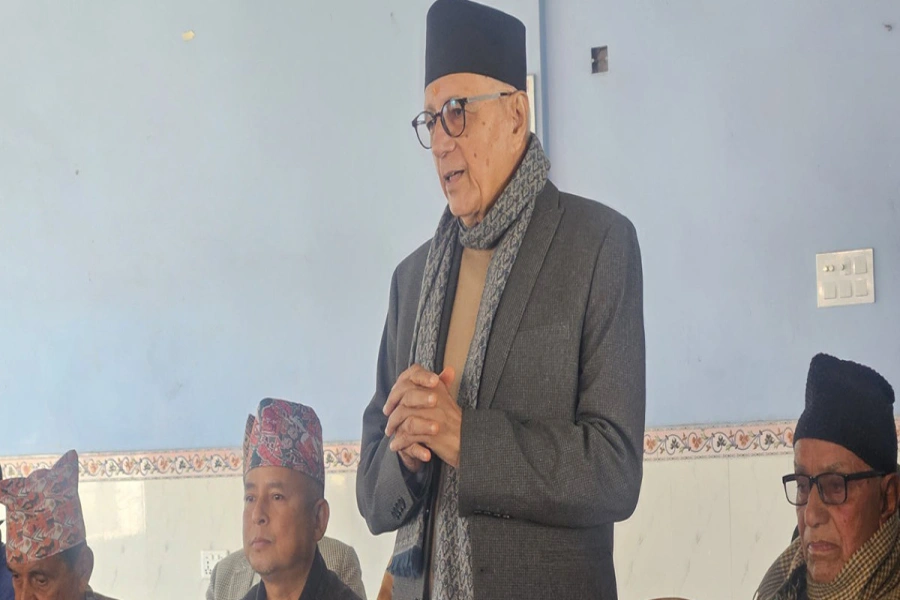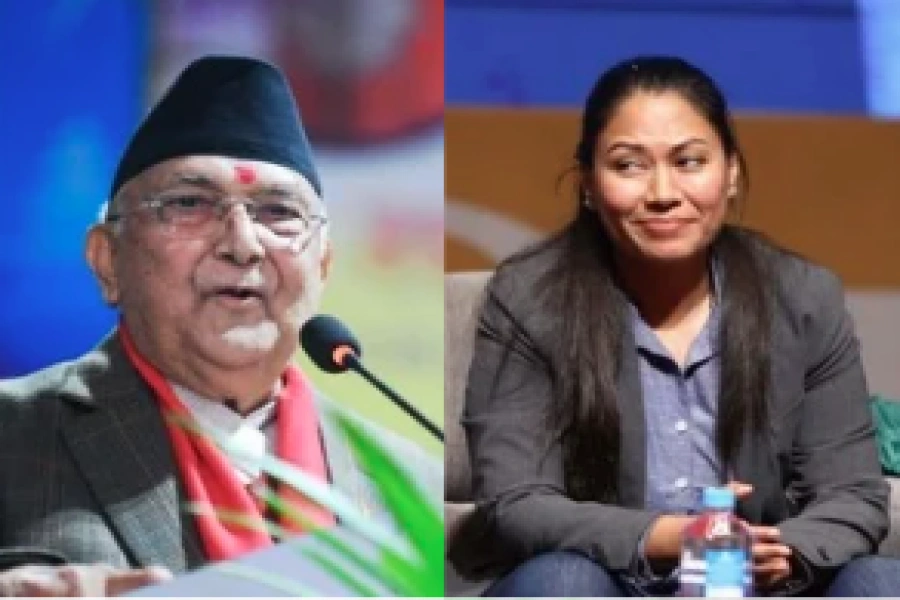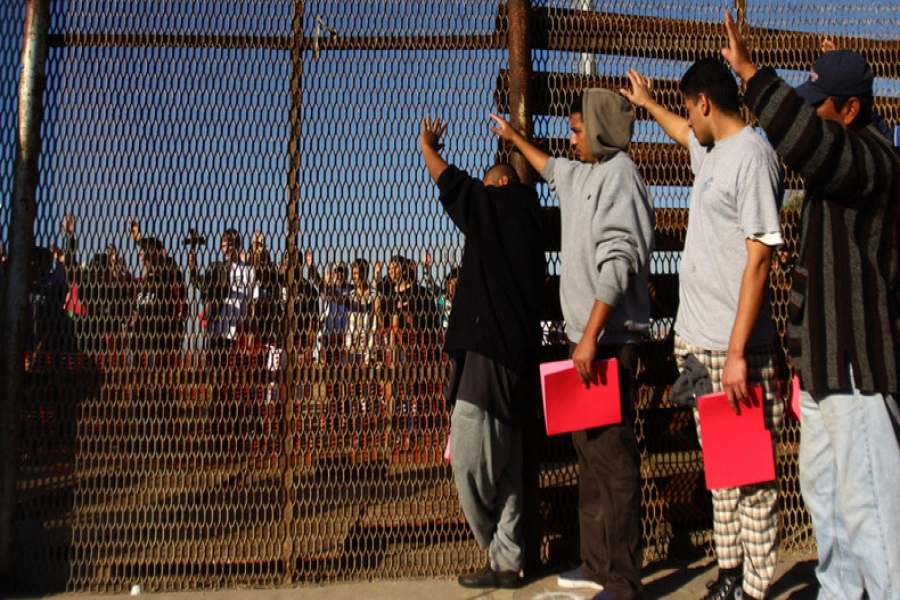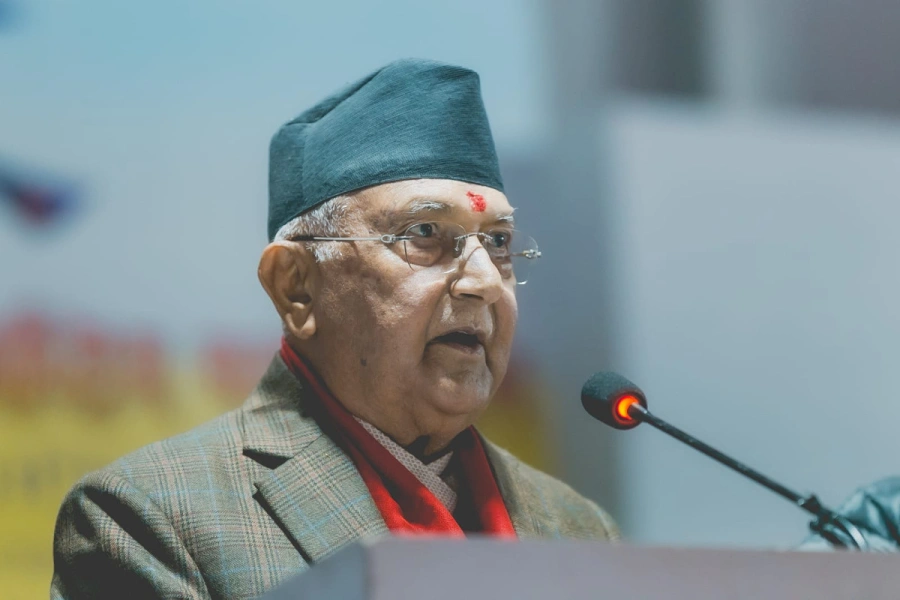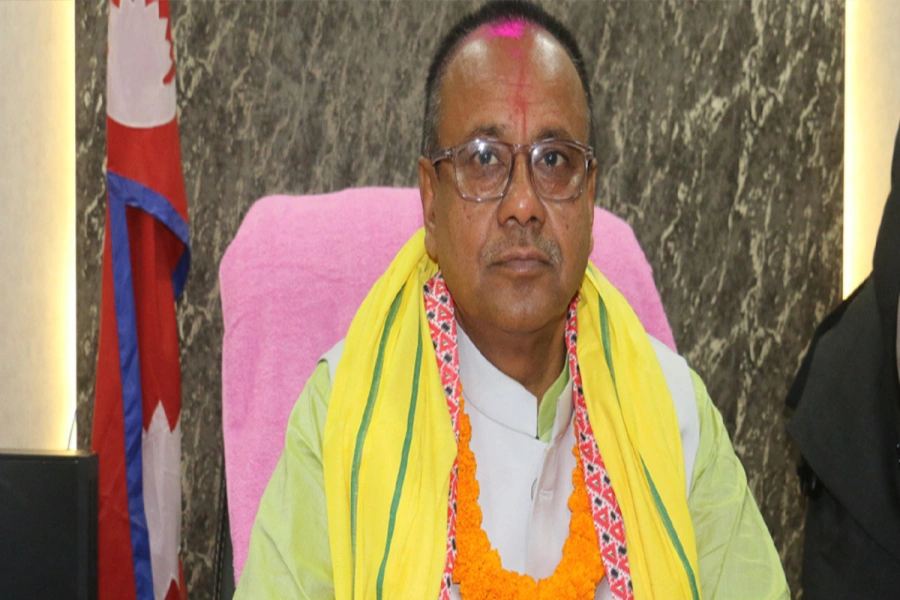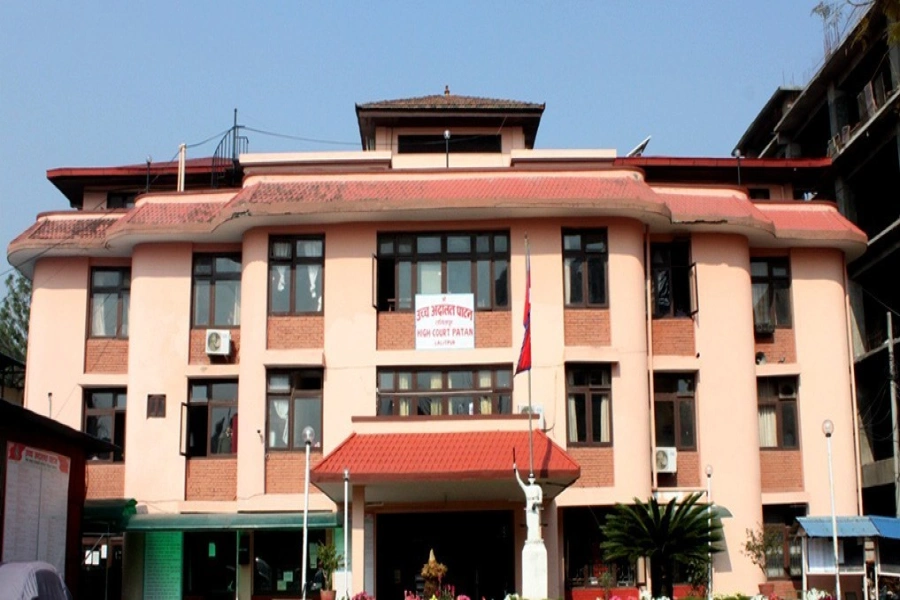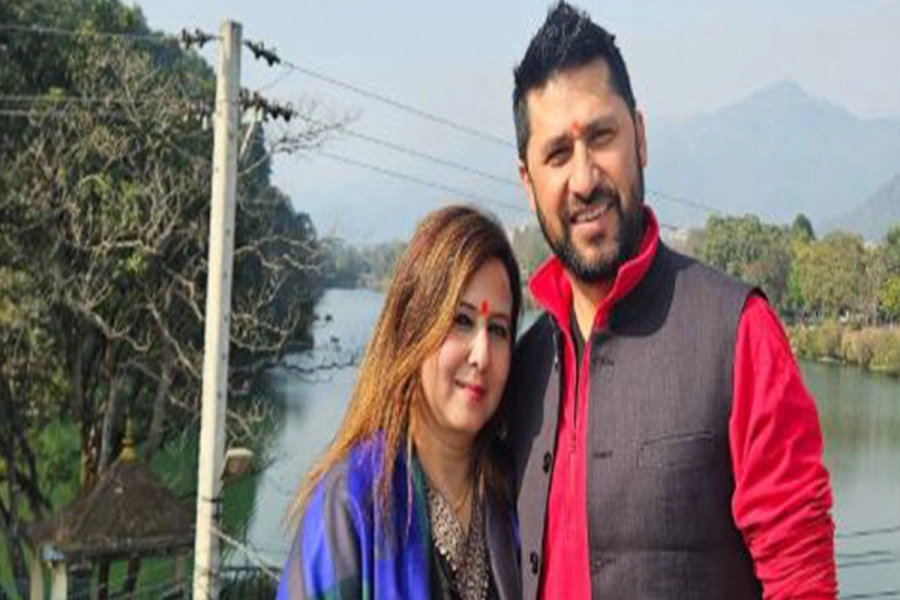KATHMANDU, March 22: Officials of the National Dalit Commission, Tharu Commission and Janjati Commission have suggested to the government to completely remove the open competition system and implement a proportional system based on ethnicity to recruit government employees.
Ministry sources said that Minister for Federal Affairs and General Administration Amanlal Modi has started preparations to address this suggestion in the draft of the Federal Civil Service Act.
According to the current law, the Public Service Commission (PSC) recruits 55 percent of government employees through open competition and the remaining 45 percent through a proportional system based on ethnicity.
The officials of the commissions have suggested to the government that this arrangement should be modified and the government’s entire recruitment process should be based on ethnicity.
Administration experts, however, say that the current provision of the employee recruitment process system is appropriate. Their argument is that making the recruitment process completely based on ethnicity will lead to ethnic conflicts in society and brain drain.
Provincial govts gear up to recruit staff as center delays civi...

Last week, National Dalit Commission Chairman Devraj Bishwakarma, Chairman of Indigenous Nationalities Commission Ram Bahadur Thapamagar, and Tharu Commission Chairman Bishnu Prasad Chaudhary jointly met Minister for Federal Affairs and General Administration Modi. In that meeting, they suggested to the minister that in the draft of the Federal Civil Service Act, the PSC should remove the open competition system and implement a fully proportional system on the basis of ethnicity.
They suggested that the recruitment process should be completely proportionate on the basis of ethnic population. According to the ministry source, the office-bearers of the constitutional commissions argued that the employee recruitment process should be made fully proportional to implement the concept of proportional representation system mentioned in the constitution of Nepal.
An employee of the ministry said, “Especially according to them, we cannot reach the goal of proportional inclusion with the current hiring process. Therefore, it was seen that we should make the bureaucracy completely proportional on the basis of ethnicity.”
Kamal Bhattarai, joint secretary and spokesperson for the Ministry of Federal Affairs and General Administration, said that a few days ago, the spokespersons for various commissions met the Minister for Federal Affairs & General Administration and gave their suggestions.
“They made various suggestions. But I don't know whether it will be implemented or not,” he said, “The draft of the Federal Civil Service Act is currently under internal discussion.”
According to ministry sources, Minister Modi has prepared to include the suggestions given by the officials of the three commissions in the draft of the Federal Civil Service Act. He has urged the senior officials of the ministry to carry out homework on this matter.
According to sources in the ministry, in the draft, the retirement age of civil servants has been increased from 58 years to 60 years. In recent times, there have been discussions on whether the retirement age of government employees should be 58 or 60 years.
According to the ministry, in order to keep all government employees working at the federal, provincial and local levels in one group, the draft has a provision for displacing the category-based system with a level-based system.
Chief administrative officers to come under province
According to ministry sources, in the draft of the Federal Civil Service Act, a provision has been made to put the chief administrative officers and provincial secretaries under the provincial governments.
A few days ago, at a press conference held at the Ministry of Federal Affairs and General Administration, Minister Modi said that the draft of the law has the provisions for the chief administrative officers to be employed by the provincial governments.
In the draft prepared during the time of the then Minister for Federal Affairs and General Administration Rajendra Shrestha, arrangements were made to place the chief administrative officers and provincial secretaries under the provinces. The draft could not proceed after the then Prime Minister Sher Bahadur Deuba disagreed with this arrangement.
While the Nepali Congress and CPN-UML have maintained that the provision to keep the chief administrative officers and provincial secretaries under the federal government should be given continuity, the CPN (Maoist Center) and Janata Samajwadi Party have been arguing that the chief administrative officers and provincial secretaries should be placed under the provinces.
The NC and the UML argue that the chief administrative officers and provincial secretaries should be kept under the federal level for better communication and coordination between the center and the local level whereas the other group claims that chief administrative officers and provincial secretaries should be under the provinces to institutionalize federalism and empower the provincial governments.


_20230205122050.jpg)
